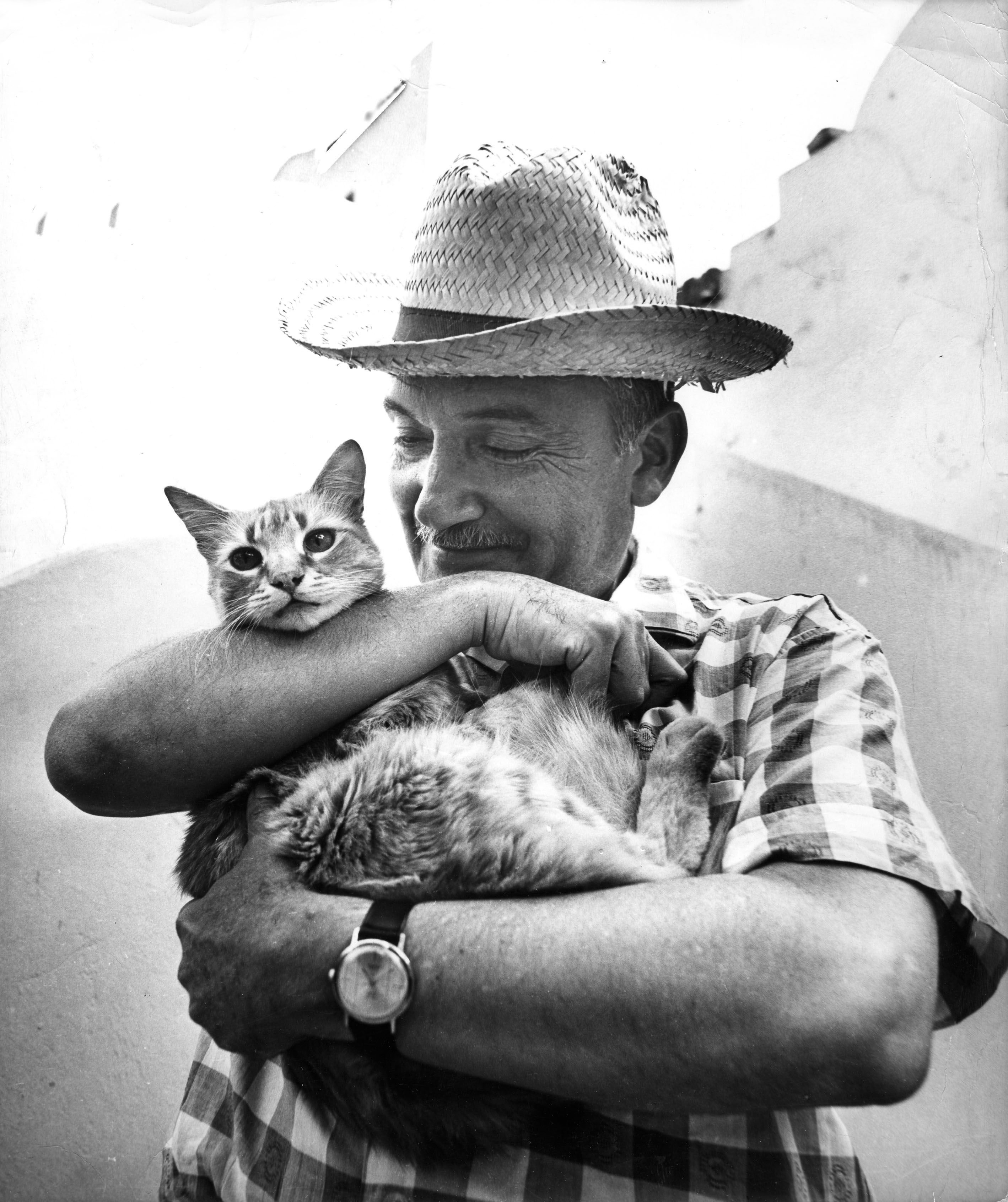
José María ARGUEDAS (1911–1969) was a Peruvian novelist from a Quechua family. During his time at Peru’s National Agrarian University, he wrote many novels in defense of indigenous Andean culture. He was a significant participant in the Indigenismo movement who also identified as socialist. His novels represent indigenous culture challenged by modernization and capitalism.
Arguedas frequently uses language to express how modernization distorts culture. He includes blends of Spanish, English, Quechua, Aymara, and profane vernacular. His use of language communicates not only the diversity of Peru, but also the degradation of native tongues and appropriation of Western language. His central themes of indigeneity in the face of both modernization and capitalism are found in his final novel, a work of magical realism, The Fox From Up Above and the Fox From Down Below. It features fictional characters whose interactions symbolize industrialization and the resilience of indigenous culture despite a defiled physical environment.
FURTHER READING
Arguedas José María, Julio Ortega, Christian Fernandez, and Frances Horning Barraclough. The Fox From Up Above and the Fox From Down Below. Pittsburgh, PA: University of Pittsburgh Press, 2000.
Arguedas José María, and Frances Horning Barraclough. Deep Rivers. Long Grove, IL: Waveland Press, 2007.
Sandoval, Ciro A., and Sandra M. Boschetto-Sandoval. José María Arguedas: Reconsiderations for Latin American Cultural Studies. Athens, OH: Ohio University Center for International Studies, 1998.
Leave a Comment



